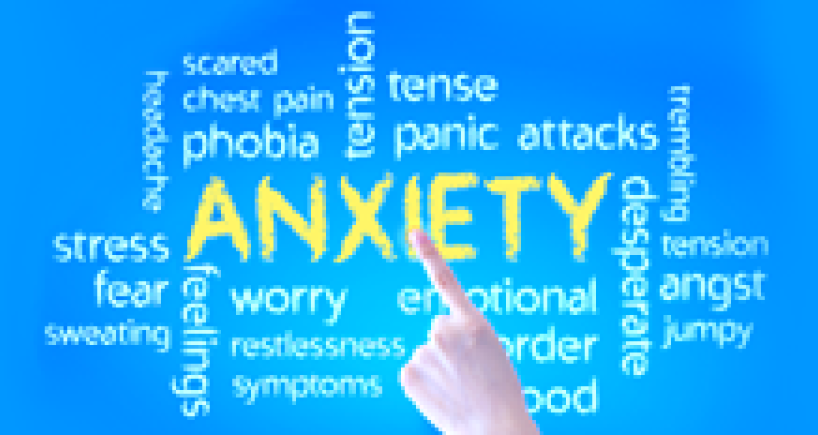
Mental Health and Behavioural Sciences
Tackling Anxiety Disorder
Dr. Samir Parikh Nov 07, 2023
 Almost everyone is familiar with minor obsessions and compulsions. You may find yourself filled with thoughts about an upcoming performance or examination, or keep wondering whether you forgot to turn off the stove or lock the door. You may feel better when you avoid stepping on cracks, turn away from black cats or arrange your closet in a particular manner. Sometimes little rituals can also be comforting during times of stress, such as humming a tune or counting rosary beads may reduce mental tension.
Almost everyone is familiar with minor obsessions and compulsions. You may find yourself filled with thoughts about an upcoming performance or examination, or keep wondering whether you forgot to turn off the stove or lock the door. You may feel better when you avoid stepping on cracks, turn away from black cats or arrange your closet in a particular manner. Sometimes little rituals can also be comforting during times of stress, such as humming a tune or counting rosary beads may reduce mental tension.- Repetitive behaviour or thoughts that a person engages in to neutralize, counteract or make their obsessions go away.
- They rely on the compulsion as a temporary escape.
- They try to avoid situations that trigger their obsessions.
- These obsessions and/or compulsions take a lot of time (more than 1 hour per day) and get in the way of important activities the person values (socialising, working, going to school, etc).
- Contamination and dirtiness
- Harm (to self or others)
- Perfectionism
- Losing control
- Unwanted sexual thoughts
- Religious obsessions
- Concerns about physical health
- Superstitious ideas
- Washing and cleaning
- Checking
- Repeating actions
- Mental compulsions (counting, praying, etc)
- Hoarding or collecting
- Ordering, arranging or setting things
- Telling or asking for reassurance
- The individual begins to avoid activities or situations previously regular with.
- The individual spends much more time than usual on his routine or daily activities.
- The individual is excessively involved in his own activities or thoughts, to the exclusion of others.
- The individual finds it difficult to concentrate on work or other activities.
Categories
Clear allMeet the doctor

Dr. Samir Parikh
CONSULTANT MENTAL HEALTH & BEHAVIOURAL SCIENCES | Fortis Shalimar Bagh
- Mental Health and Behavioural Sciences | Mental Health and Behavioural Sciences | Psychiatry | Clinical Psychology
-
21 Years
-
900



















